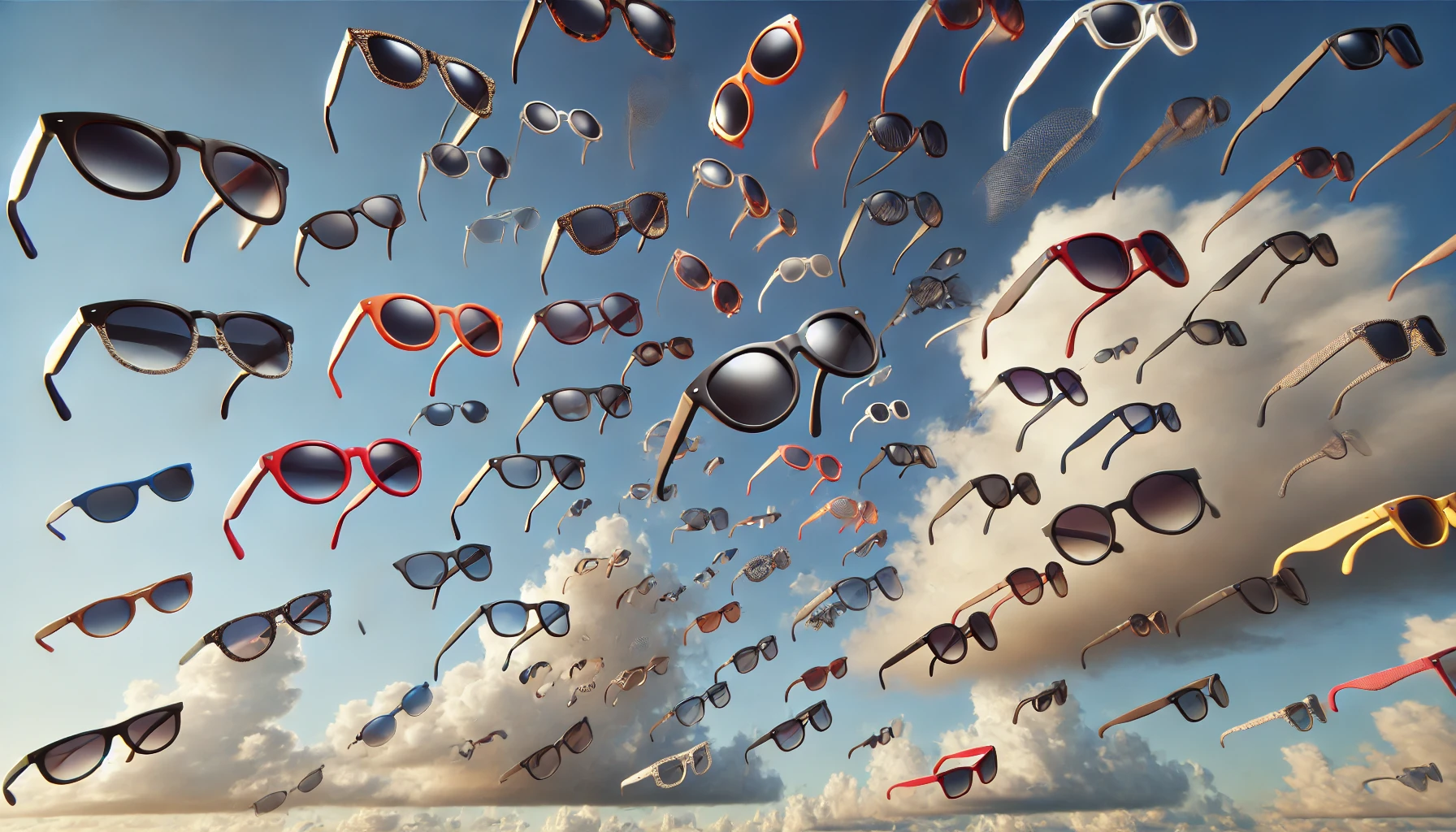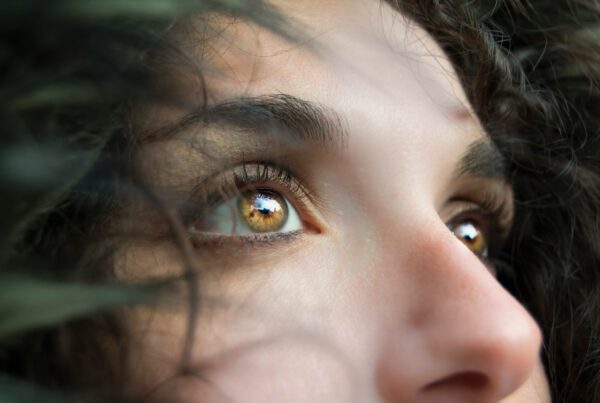Sunglasses are more than just a fashion statement; they’re essential for protecting your eyes and enhancing your outdoor experiences. A recent survey found that nearly 90% of people recognize the importance of eye protection for overall health. While many wear sunglasses to reduce glare, here are seven compelling reasons to make sunglasses a daily habit.
1. Prevent Sun-Related Health Issues
Our eyes are highly sensitive, and prolonged sun exposure can lead to various health problems, ranging from discomfort to serious conditions. Wearing high-quality sunglasses helps protect your eyes from the sun’s harmful rays.
What Makes Sunglasses “High-Quality”? Look for sunglasses that offer 100% UVA and UVB protection. Polarized lenses reduce glare, especially useful for water activities. Wrap-around styles provide additional protection by blocking light from the sides.
Health Conditions Sunglasses Help Prevent:
- Skin Cancer: The delicate skin around your eyes is vulnerable to UV damage, with nearly 10% of skin cancers occurring near the eyes. Large, UV-protective sunglasses can shield both your eyes and skin.
- Cataracts & Glaucoma: UV rays contribute to cataracts and can worsen glaucoma symptoms, potentially leading to blindness. Sunglasses with complete UV protection help mitigate these risks.
- Macular Degeneration: This condition affects the retina and can lead to vision loss. UV radiation accelerates its progression, so wearing sunglasses can offer protection.
- Pterygium (Surfer’s Eye): A growth on the eyeball that can be painful. Wrap-around sunglasses with UV protection are recommended to prevent this condition, especially on cloudy days when UV rays are still present.
2. Protection from the Elements
Sunglasses also guard against other environmental hazards besides the sun.
Snow: Snow reflects 80% of UV rays, causing snow blindness, which burns the cornea. Sunglasses are crucial for activities like skiing or mountaineering to protect against this reflection. Sand: Sand can scratch your eyes and cause long-term damage. Sunglasses that fully cover your eyes can prevent this. Wind & Dust: Wind and dust can irritate and damage your eyes. Sunglasses act as a barrier, keeping your eyes safe.
3. Aid in Healing and Recovery
Post-surgery care often includes wearing sunglasses to protect your eyes.
After LASIK or PRK Surgery: Your doctor may recommend sunglasses immediately after the procedure to aid in healing and adjusting to your new vision. Other Eye Surgeries: For procedures like cataract surgery or eyelid repair, sunglasses help protect and support recovery. Always follow your doctor’s recommendations.
4. Enhanced Outdoor Enjoyment
Sunglasses improve your visual experience outdoors, making activities more enjoyable.
Water Activities: Polarized sunglasses reduce glare, allowing you to see aquatic life more clearly. Whether fishing or boating, you’ll appreciate the improved visibility. General Outdoor Activities: Sunglasses reduce glare and improve contrast, making your time outside more pleasant and visually satisfying.
5. Fewer Headaches and Migraines
Bright sunlight can trigger headaches and migraines. Sunglasses reduce the intensity and frequency of these occurrences, making you more comfortable outdoors. Even if you don’t suffer from migraines, sunglasses help reduce eyestrain and fatigue.
6. Safer Driving
Sunglasses can enhance your driving experience and safety.
Daytime Driving: In light rain or bright sunlight, sunglasses improve vision and comfort, helping you drive more safely.Note: Never wear sunglasses when driving at night as it can impair your vision.
7. Stylish Accessory
Lastly, sunglasses are a fun and stylish accessory. With countless colors, shapes, and designs available, you can find pairs that match your style and activities. Plus, you can coordinate them with your outfits for a polished look.
Wearing sunglasses is a simple yet effective way to protect your eyes, enhance your outdoor experiences, and add a touch of style to your look. Make sunglasses a daily essential to enjoy these benefits and safeguard your eye health.





